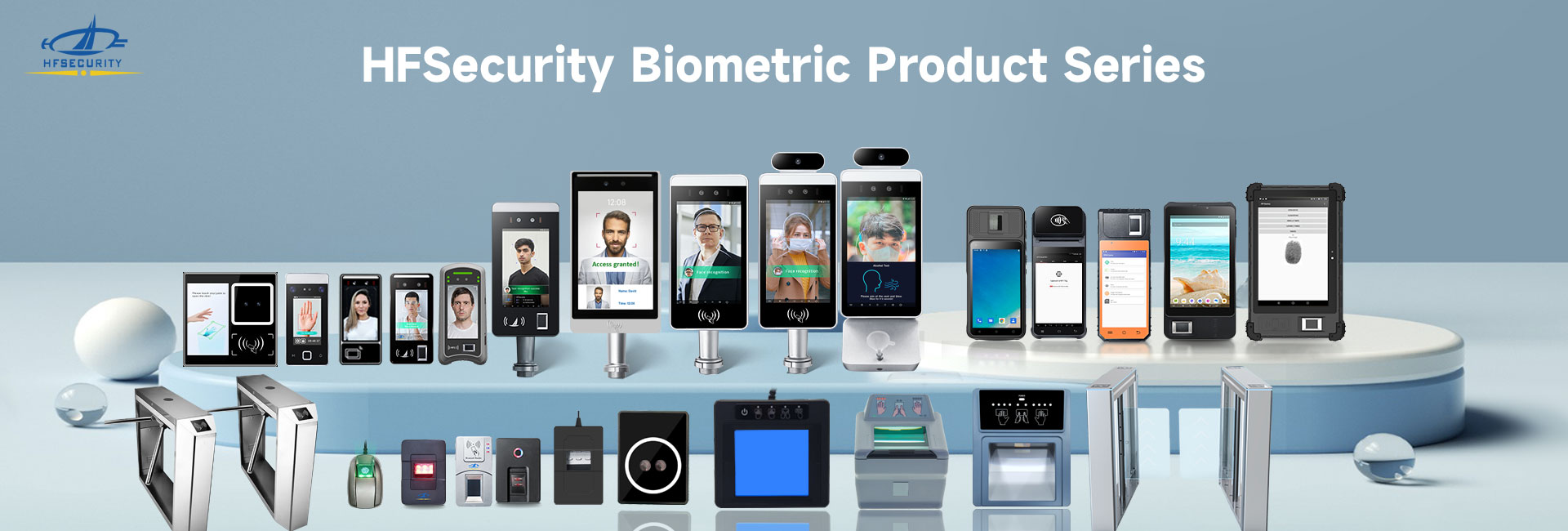In today’s interconnected world, SIM cards are the unsung heroes enabling millions of people to connect and communicate with ease. However, as the SIM card’s role in our daily lives becomes ever more essential, the need for a robust registration system becomes equally crucial. The process of SIM card registration has emerged as a cornerstone of telecommunications security and compliance.
The practice of SIM card registration entails logging the personal details of individuals who purchase and use SIM cards. By associating each SIM card with an individual’s identity, service providers, and regulatory bodies can maintain accurate records of all active mobile subscribers within a country.
Globally, a substantial number of nations—totaling around 160—have embraced the implementation of compulsory registration for SIM cards. The crux of these protocols is simple: for activation, users are obligated to disclose identifiable information such as their full name, residential address, and generally, an official identification document. The intentions behind requiring such information are far from ceremonial; they fundamentally aim to create a verifiable link between a cellular number and its owner.
As the practice becomes more prevalent, it’s indicative of a worldwide progression towards fortified oversight and governance of mobile communications. However, the exact nature of these registration policies can differ greatly from one country to another. In certain locales, fundamental information suffices, yet places like the Philippines and Namibia have expanded their scope by integrating biometric identifiers into their registration frameworks.
In the modern world of communications, where personal identity verification is becoming increasingly important, HFSecurity Biometric SIM Card Registration provides an innovative, secure solution that ensures the authenticity of the user’s identity and the security of cell phone services. By utilizing biometrics, especially biometric fingerprint scanners, the biometric SIM card registration process is not only greatly simplified, but also raises the barriers against fraud and identity theft.

Biometric Fingerprint Scanner for SIM Card Registration Biometric Solution in Tanzania
In the evolving landscape of telecommunications, biometric SIM card registration stands out as a significant development. It’s more than just a technological advancement; it’s a step towards a future where personal identity and mobile connectivity are intertwined with unprecedented security and efficiency.
Biometric SIM card registration uses biological traits — such as fingerprints, facial recognition, iris scans, or voice patterns — to authenticate the identity of an individual purchasing and registering a SIM card. The process is quick, reliable, and virtually foolproof, providing a multitude of benefits over conventional methods.
But what sparks the need for such advanced security measures? In light of increasing incidents of identity theft and fraud, protecting users’ identities becomes paramount. Telecom operators worldwide are rapidly adopting biometric registration as a safeguard to ensure that each SIM card is used by the rightful owner only. This system acts as a deterrent against illicit activities like cloning, scamming, and unauthorized SIM swaps.
Benefits of Biometric SIM Card Registration include enhanced security, fraud prevention, and an effortless user experience.
In the domain of telecommunications, the innovation and implementation of biometric technologies in SIM registration have become a transformative force. The inclusion of Fingerprint Recognition, Facial Recognition, and Iris Scanning as methods of identity verification posits a future where the security and convenience of mobile users are paramount.
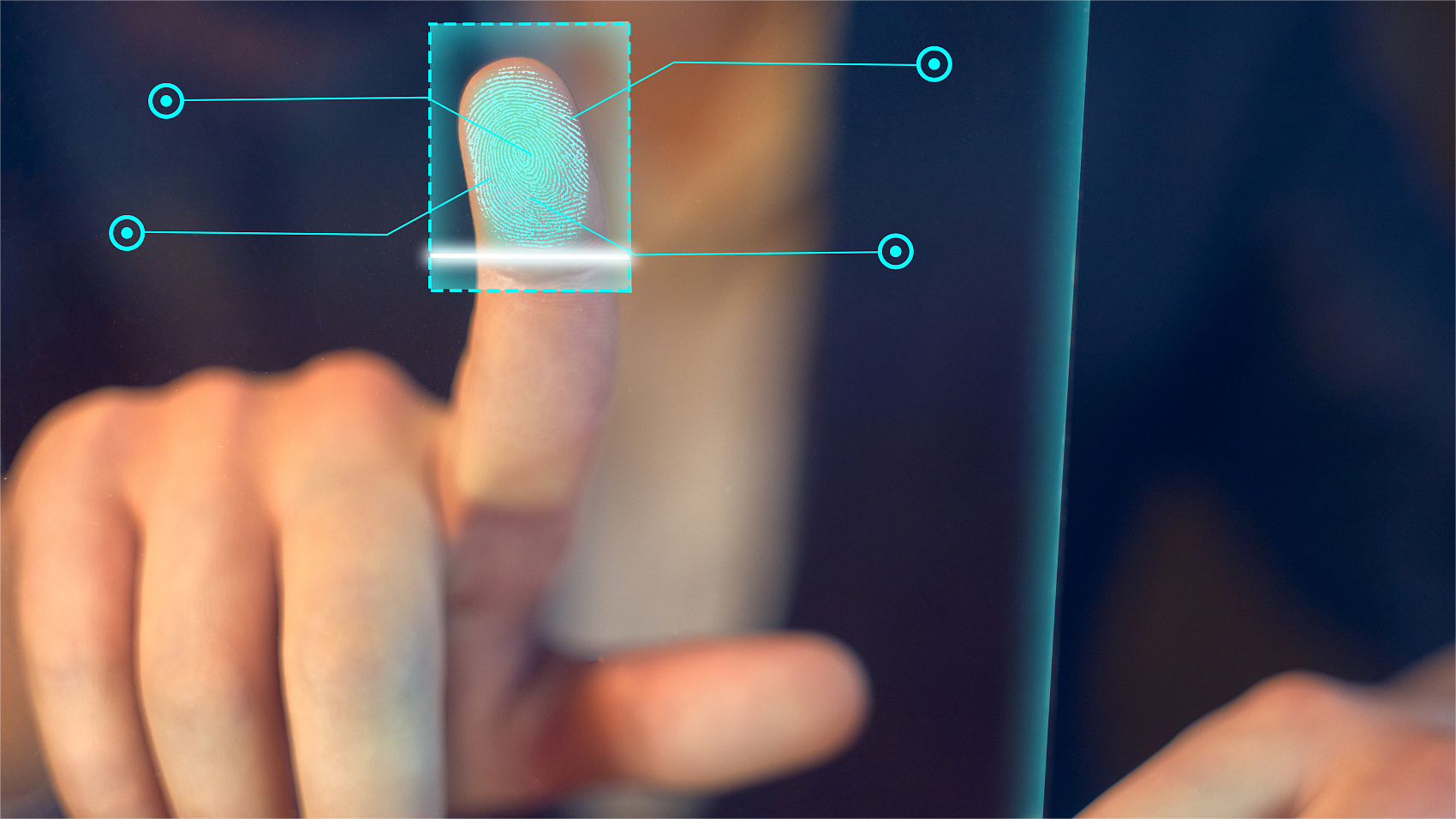
Fingerprint Recognition:
One of the most widely adopted biometric methods, fingerprint recognition, is celebrated for its uniqueness and ease of application. Every individual’s fingerprint pattern is intricate and exclusive, providing a perfect marker for identity. By incorporating fingerprint scanning in SIM registration, customers can activate their SIM cards by simply pressing their thumb or finger against a reader. This method not only tightens security but also expedites the registration process, leaving little room for identity fraud.
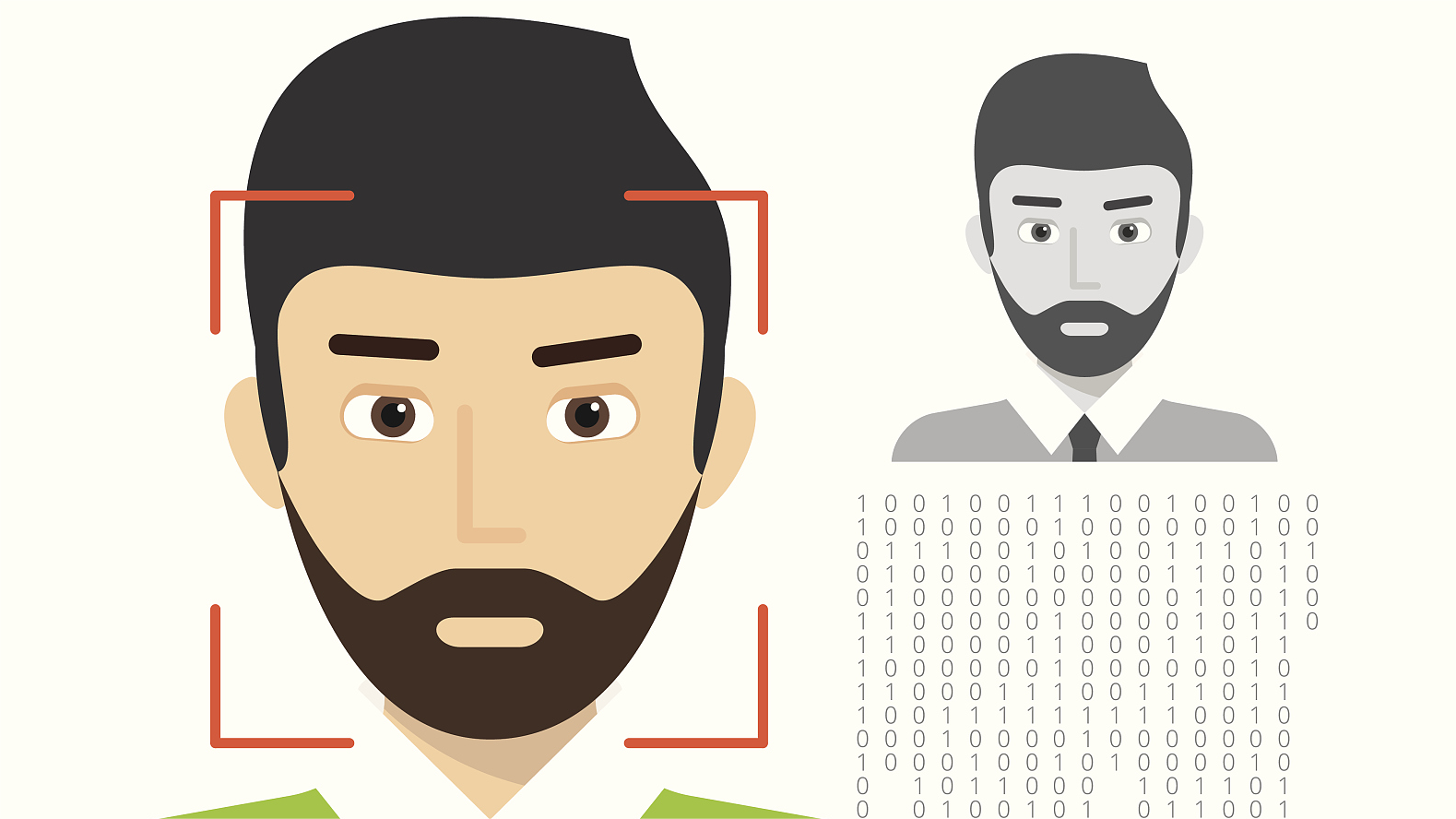
Facial Recognition:
Facial recognition technology has seen a surge in adoption due to its contactless nature and sophistication. It analyzes multiple features of a person’s face — such as the distance between eyes, nose shape, and jawline contours. During SIM registration, customers can have their facial features scanned and matched against a verified image in a database or identification document. It provides an additional level of protection and is particularly useful for uniquely identifying individuals, even in cases where fingerprint data may be compromised or unclear.
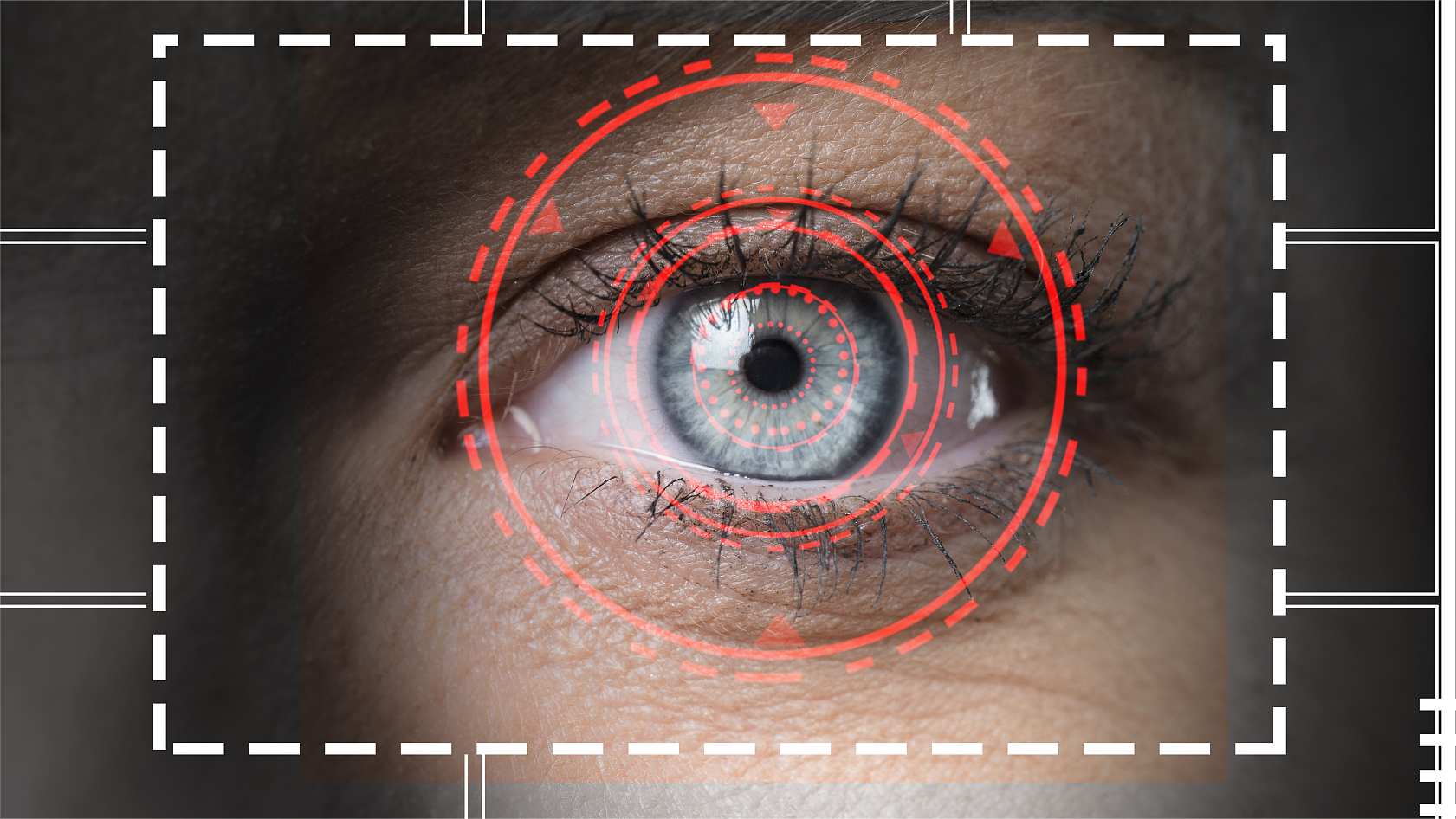
Iris Scanning:
Ranked among the most secure biometric verification methods, iris scanning captures the intricate patterns of the iris, which are as distinct as fingerprints. This mode of identification is non-invasive and highly resistant to false matches. Used in SIM registration, iris scans can accurately and quickly confirm an individual’s identity, minimizing the probability of unauthorized access to telecommunication services.
As these biometric technologies burgeon in implementation for SIM card registration, they collectively mark a significant step forward in combating illegal activities, streamlining customer experience, and ensuring compliance with regulatory mandates. Their integration stands as a testament to the unrelenting progress in secure telecommunications.
Let’s take a look at how to implement Biometric SIM Card Registration through HFSecurity’s project in Tanzania.

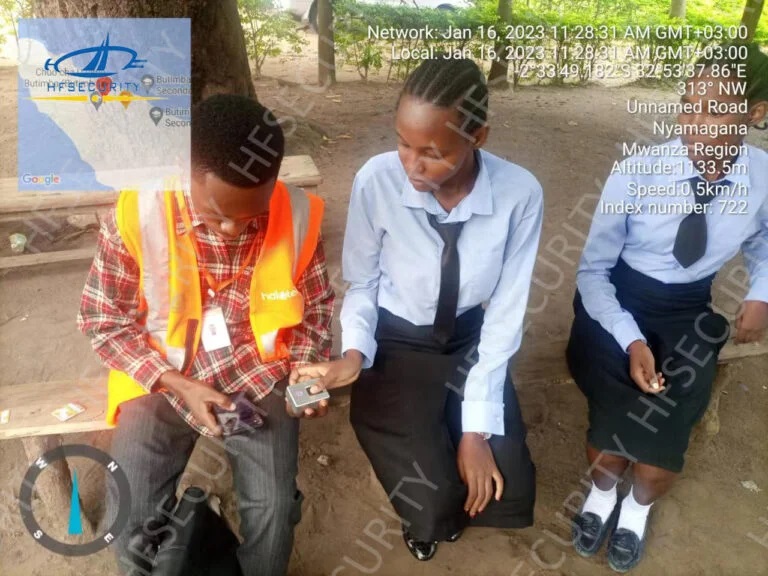
1
1
The customer comes to register: The customer visits one of FusionTel’s stores to request the registration of a new SIM card. To start the verification process, the customer is required to provide an official identification document, such as a passport or ID card.
1
1
Document Verification: The telco’s staff verifies the documents provided and ensures that all the necessary personal information is accurate.
1
1
Fingerprinting: Next, customers are asked to place their fingerprints on the store’s biometric fingerprint scanner. The scanner captures the fingerprint image and converts it into a digital code. This process is usually fast and efficient.
1
1
Data storage and matching: The digital code of the fingerprint is then securely stored in the telecom company’s database along with the personal information provided by the customer. Any future authentication operation will involve matching the fingerprint data stored in the database to confirm the identity of the SIM card user.
1
1
Activation and Use: Once the fingerprints and personal information have been verified as correct, the SIM Card can be activated for use by the Customer. Thereafter, the customer can perform a quick fingerprint scan in any situation where authentication is required, such as online transactions or password reset.
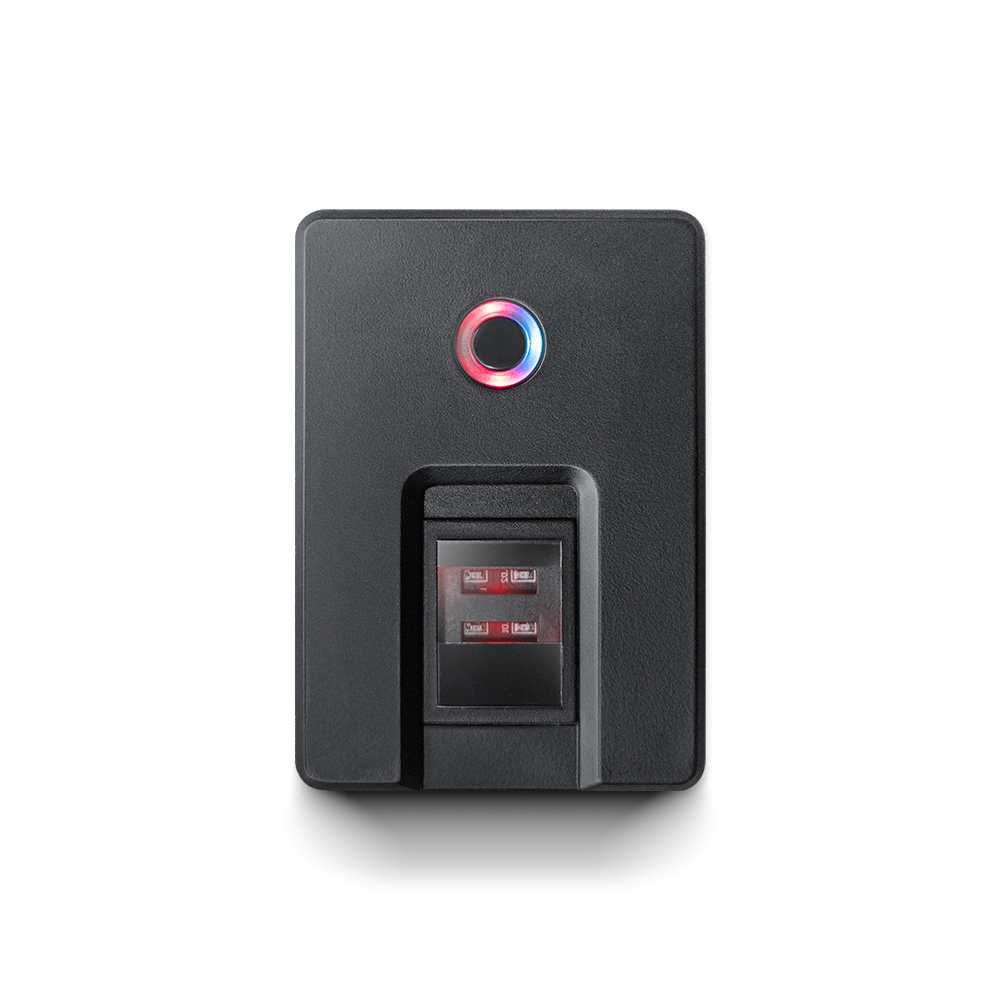
HFSecurity played a key role in the successful implementation of a biometric SIM card enrollment system for the Tanzania Telecom Project.HFSecurity supplied the Bluetooth wireless HF4000Plus Fingerprint Scanner to augment the biometric equipment used to capture citizens’ fingerprints.
HF4000Plus Compact and rugged fingerprint scanner with optical fingerprint module and Bluetooth functionality for wireless transmission and easy connectivity with other devices, the HF4000Plus Bluetooth wireless Fingerprint Scanner played a key role in this SIM card enrollment, which greatly enhanced the civil registration process.
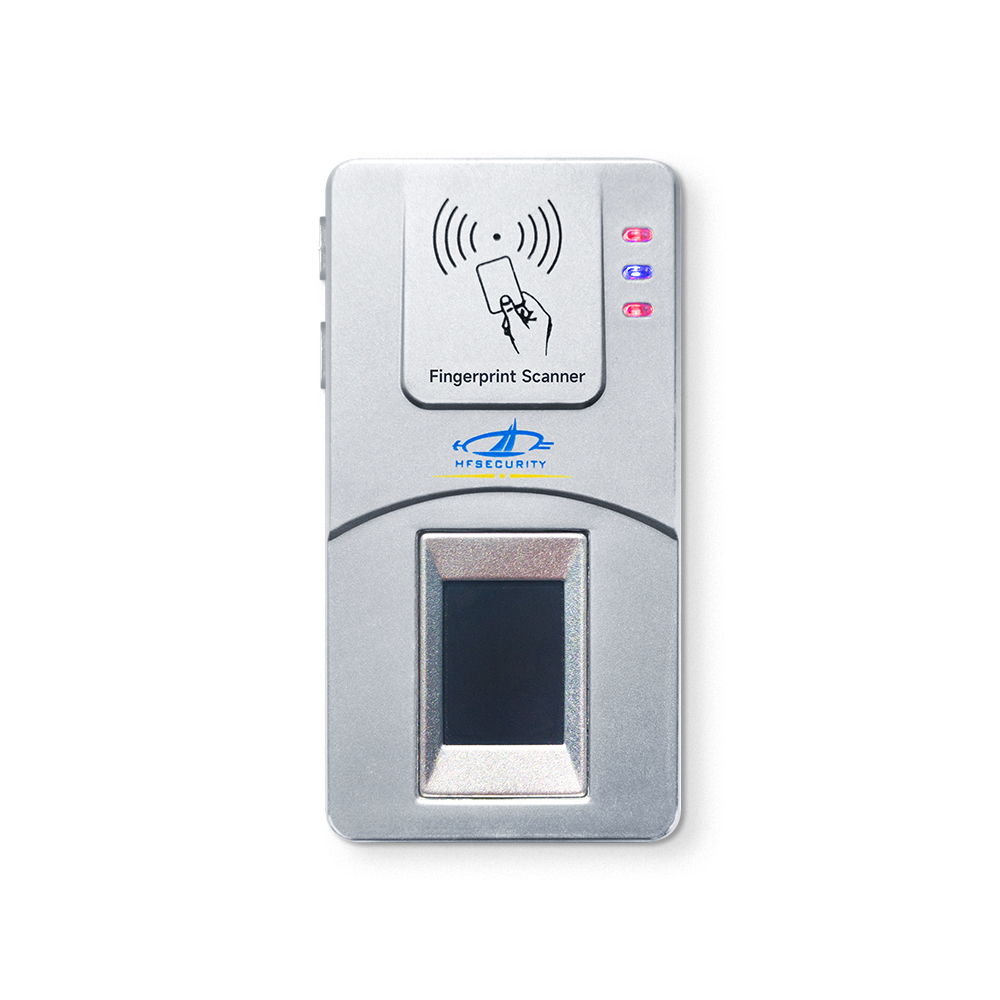
Also as a Bluetooth fingerprint scanner, the HF7000 can be used for SIM card registration. The HF7000 FAP10 FBI Bluetooth Fingerprint Scanner uses a FAP10 fingerprint head to provide unparalleled security and convenience for a variety of applications. It ensures the highest level of fingerprint recognition accuracy and reliability, giving you peace of mind that your data and information are protected from unauthorized access.

Enhanced Security
HF4000 Plus Bluetooth Wireless Biometric fingerprint scanners offer a high level of security by tying a person’s unique biological traits to their SIM card registration.

Accurate and Efficient Identification
Use HF4000 Plus Fingerprint scanning for registration is a quick and reliable method of identifying and verifying individuals. This allows for a streamlined registration process, reducing queues and wait times at service centers.

Fraud Prevention
Using biometric data for SIM card registration helps significantly reduce instances of identity theft and fraud. Since the biometric data is unique for every individual, it becomes nearly impossible for imposters to register a SIM under a false identity.
The push towards integrating biometric identification in SIM registration processes represents a robust stride for security protocols within the telecommunications industry. Yet, for every advancement it promises, there are accompanying challenges that service providers, governments, and users alike must navigate. The deployment of biometric SIM registration processes is laden with hurdles that warrant careful consideration and strategic planning. Here’s a critical analysis of these challenges:
1. Technological Infrastructure: The deployment of biometric technology requires sophisticated infrastructure. Developing and maintaining the necessary hardware, like fingerprint scanners and iris recognition devices, involves significant costs and logistical planning. Additionally, the software systems that support such hardware must be robust and capable of processing and storing large volumes of sensitive data.
2. Data Privacy Concerns: With the integration of biometrics into SIM registration, a massive amount of personal data becomes centralized. This stokes concerns over privacy breaches and misuse of data. Safeguarding this data and earning public trust is paramount. There must be transparent policies outlining the handling, access, and protection of personal information.
3. Legal and Regulatory Hurdles: As countries grapple with the nuances of biometrics in SIM registration, they must also draft and enforce laws that strike a balance between security needs and individual freedoms. Legislators are tasked with establishing frameworks that protect citizens from potential abuses without stifling innovation and progress.
4. Public Perception and Acceptance: Public acceptance can often be a barrier to rolling out new technologies, particularly those that involve personal data. Handling public concerns, misinformation, and resistance is critical for the successful adoption of biometric SIM registration.
5. Interoperability and Standardization: As biometric SIM registration becomes more global, the need for standardization and interoperability across different countries and service providers increases. This is vital to ensure a seamless experience for international travelers and to facilitate cross-border security measures.
The deployment of biometric SIM registration systems, while valuable in their potential, is beset with complexities that demand a multidisciplinary approach. It requires not just technological acumen but also keen legal insight, ethical consideration, and a strong commitment to privacy and user rights. As we move forward, the shape of these implementations will be decisive in shaping the trajectory of mobile communication security.
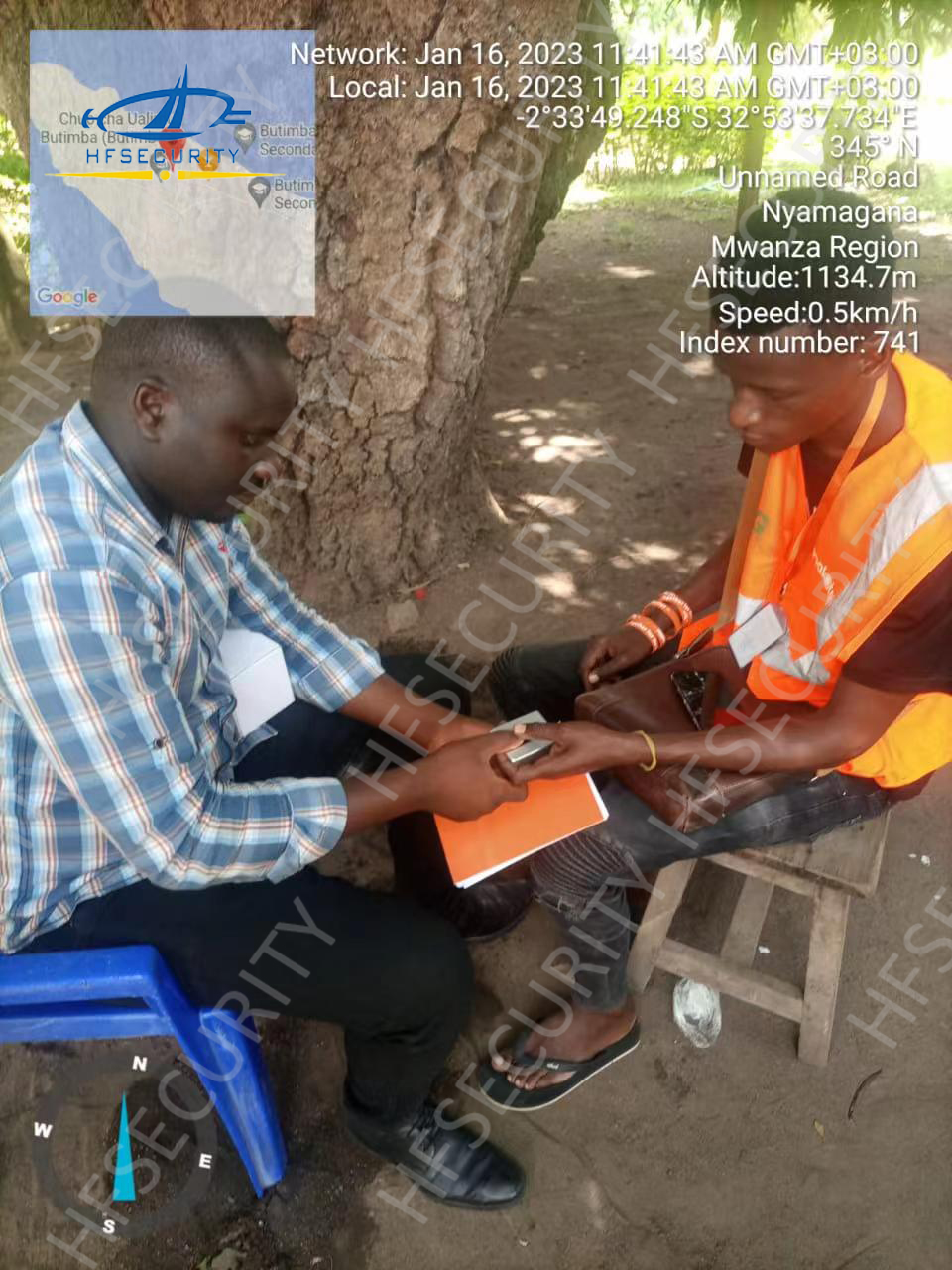
Around the globe, the integration of biometric solutions is revolutionizing SIM card registration protocols. Increasingly, nations are deploying these advanced technologies for SIM card registration to bolster security measures, streamline the accuracy of authentication, and ensure accessible digital services. This paradigm is not merely a fleeting inclination; instead, it manifests our dedication to employing advanced technology to create an environment that prioritizes safety and connectivity.
The diverse, strict regulations governing SIM card registration in various geopolitical zones alongside their inventive adoption models demonstrate that Biometric SIM Card Registration transcends basic legal adherence. It represents a significant stride in combatting fraudulent activities, guaranteeing transactional security, and nurturing a reliable digital space where trust flourishes. The incorporation of fingerprint recognition, facial mapping, and eye scanning for Biometric SIM Card Registration symbolizes a commitment shared worldwide to advance identification methods to be more dependable, efficient, and considerate of the user’s experience.
Navigating the complexities involved in the adoption of Biometric SIM Card Registration necessitates a delicate approach. This involves achieving equilibrium between innovative applications of technology while thoughtfully addressing concerns related to individual privacy and the safeguarding of personal data. The goal is to establish an infrastructure that defends yet simultaneously honors individual liberties and concerns.
At HFSecurity, our ventures transcend mere technical development. We’re meticulously designing experiences that deliver lasting benefits to telecom operators and their customers. Our pursuit of innovation and mastery in the field of biometric technology underscores our role as a definitive ally on your path to implementing Biometric SIM Card Registration. We invite you to engage with HFSecurity to explore our biometric solutions tailored to the Biometric SIM Card Registration process and learn how they can align with and enhance your service delivery.

